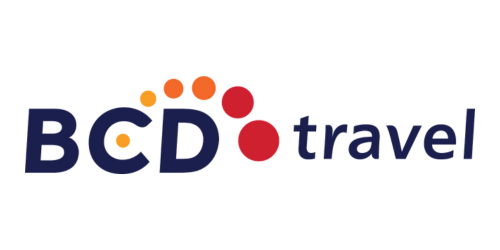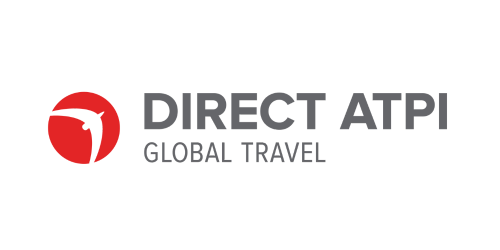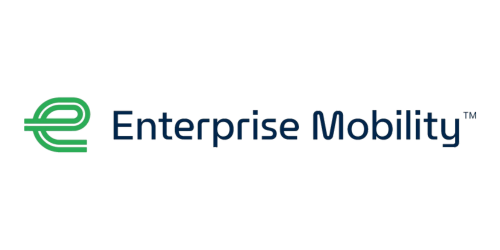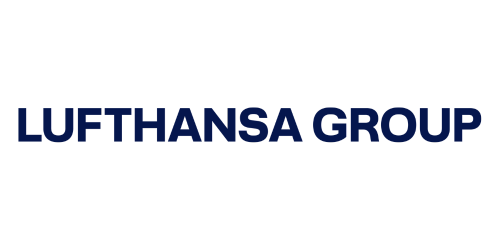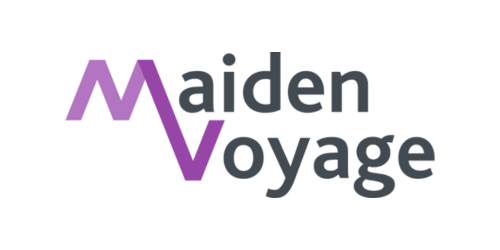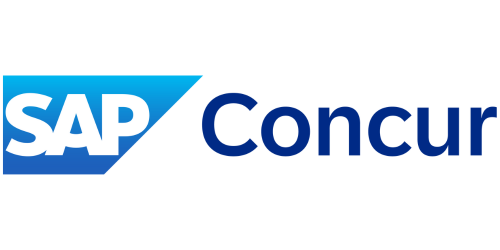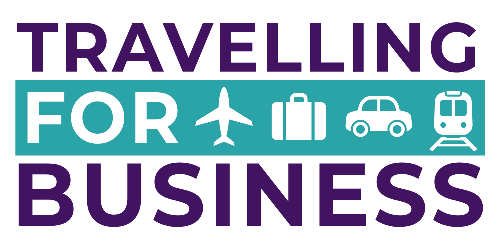Managing employee expenses during uncertain financial times
)
Controlling expenditures has never been more crucial than it is today. With many businesses experiencing economic pressures, the repercussions of surging inflation, persistent supply chain issues, and workforce challenges negatively affect their day-to-day operations.
Irrespective of the organisation's size, inflated or fabricated expenses from travel and employee reimbursements can accumulate rapidly. Establishing comprehensive guidelines to manage spending across the entire company effectively is imperative.
In this blog, we outline five key recommendations to assist organisations in managing expenses during challenging times:
1. Keep it simple
In uncertain times, businesses must uphold control, and having well-defined guidelines regarding employee travel and expenses is pivotal.
Fraudulent claims pose a risk to any business, carrying substantial financial repercussions if errors go unnoticed. According to research conducted by CMAC Group (2023), 1 in 10 travellers admit to forgetting the fare before they write it down, leading to potential discrepancies on expense claims, and 31% keep a note of their expenses but have no receipt to evidence their trip. This can cost your company a considerable amount of money.
It’s important to note that fraud may not always be deliberate; some employees may simply lack an understanding of the correct company policies. Ensuring the policy is straightforward and easy to comprehend is essential, as it increases the likelihood that employees will adhere to the rules. This simplicity should extend to the accessibility of the policy, not just in terms of language but also in its storage location. Knowing where to locate the expense policy is the initial step towards employees reading and understanding it.
2. Harness the power of technology
Embracing technology is crucial in optimising and simplifying expense management procedures. Utilising automated expense tracking tools minimises the chances of errors and offers immediate insights into spending trends. This enhances accuracy and empowers businesses with real-time data, enabling them to make well-informed decisions and pinpoint potential cost savings.
3. Ensure your policy is flexible
As legislation evolves and technology progresses, policies may need to be updated. Therefore, it is imperative to regularly review and update the company's policy to ensure it aligns with current regulations and technological advancements.
In times of economic uncertainty, ensuring that your organisation's expense policies are flexible and responsive is crucial. If required, take the initiative to review and temporarily modify your existing policies to align with the financial climate. A crucial part of this involves clearly distinguishing between essential and non-essential expenses. This enables the prioritisation of resources towards areas that hold the utmost significance during uncertain financial periods.
4. Foster a culture of cost-conscious behaviour
Ensure that your employees understand the impact of their spending on the company's financial health. Invest in training programs to educate employees on responsible expense management and involve employees in decision-making. This cultivates a culture of responsible decision-making, ensuring that resources are allocated in alignment with the organisation's overarching goals.
Seek their input on potential cost-saving measures, too, as they may offer valuable insights from their day-to-day experiences. Encourage them to seek cost-effective alternatives where possible without compromising productivity or wellbeing. This collaborative approach ensures that policies are well-informed and helps identify and address potential grey areas.
5. Establish a well-defined approval process
Research carried out by CMAC Group found that 55% of business travellers round up their expense claims, and 64% round up their fare to tip the driver. Implementing a clear and systematic approval system with no room for error ensures that expenditures align seamlessly with company policies and adhere to budgets. This promotes accountability and transparency in financial transactions, ensuring that each expense undergoes a thorough evaluation.
Additionally, a well-structured approach enhances the efficiency of expense management, allowing for timely approvals and disbursements while minimising the risk of errors or discrepancies.
How a managed taxi service can add value to your business
Effectively managing employee expenses during uncertain financial times requires a strategic and collaborative approach. By embracing transparency, leveraging technology, and fostering a culture of financial mindfulness, businesses can confidently navigate times of uncertainty.
CMAC Group offers a unique managed taxi service that stands out. Our approach addresses challenges by providing controlled, cashless travel solutions, simplifying expense processing, and delivering consolidated reporting for effortless reconciliation.
Download the complete report today to discover the importance of efficient taxi expense management for the financial well-being of your organisation and the well-being of your travellers.
To see how a managed taxi service can add value to your organisation, speak to our travel experts today at hello@cmacgroup.com




